Opinion: Involuntary treatment is about common sense and compassion, but the key is how it's handled: with bare bones or sterile facilities, with warehousing?
Published Sep 23, 2024 • Last updated 0 minutes ago • 3 minute read

Of course there needs to be involuntary treatment for those who are so mentally ill or drug addicted that their lifestyle and habits clearly show significant ill effects for them. Any right thinking person should perceive this need for the state to intervene. It’s unfortunate that the motivation behind the latest calls for involuntary treatment seems to stem from fear for the public rather than compassion and respect for the afflicted.
Advertisement 2
THIS CONTENT IS RESERVED FOR SUBSCRIBERS ONLY
Subscribe now to read the latest news in your city and across Canada.
- Unlimited online access to articles from across Canada with one account.
- Get exclusive access to the Vancouver Sun ePaper, an electronic replica of the print edition that you can share, download and comment on.
- Enjoy insights and behind-the-scenes analysis from our award-winning journalists.
- Support local journalists and the next generation of journalists.
- Daily puzzles including the New York Times Crossword.
SUBSCRIBE TO UNLOCK MORE ARTICLES
Subscribe now to read the latest news in your city and across Canada.
- Unlimited online access to articles from across Canada with one account.
- Get exclusive access to the Vancouver Sun ePaper, an electronic replica of the print edition that you can share, download and comment on.
- Enjoy insights and behind-the-scenes analysis from our award-winning journalists.
- Support local journalists and the next generation of journalists.
- Daily puzzles including the New York Times Crossword.
REGISTER / SIGN IN TO UNLOCK MORE ARTICLES
Create an account or sign in to continue with your reading experience.
- Access articles from across Canada with one account.
- Share your thoughts and join the conversation in the comments.
- Enjoy additional articles per month.
- Get email updates from your favourite authors.
Sign In or Create an Account
or
Article content
I have worked with the inner life of kids, as a high school counsellor for 30 years, and I can guarantee that there isn’t one kid anywhere who, if they were shown a crystal ball look into their future and saw themselves as one of the afflicted, wouldn’t be aghast. If asked, they would absolutely plead that something should intervene and stop it from happening or continuing.
No one would choose this future. The civil liberties argument against involuntary treatment is totally off base and ungrounded in the reality of who we are as humans. No person with addiction and none of the mentally ill are choosing their lifestyle. In fact, just as the law allows someone to be forcibly confined if they’re a danger to themselves or somebody else, so too should we understand that the longer we allow the seriously mental ill or addicted to go without treatment, we are abetting their slow death and most certainly ignoring their right to live their own true self. It isn’t about civil liberties — it’s about common sense, leadership and compassion based on realizing that people who are trapped in a self-destructive world need our help to get free.
By signing up you consent to receive the above newsletter from Postmedia Network Inc.
Article content
Advertisement 3
Article content
Our understanding of mental health and how to bring someone back to it is far less developed than our understanding of how to treat physical affliction. Thus, we adjust into a form of self-protective denial, a wilful blindness often couched in justification for our inaction. The continuing overdose death toll shows our collective denial and willingness to stay in that psychological comfort zone of normalization.
It would so help if we understood addiction and mental illness exactly the way we see physical illness or injury. That could offset our denial and we could begin the task of implementing the healing needed. The brain, after all is a physical organ, and illicit drugs have physical effects on our brains. We so readily understand back and neck strain, but refuse to see the brain the same way.
The key, of course, is how we deliver involuntary treatment. Do we do it with bare bones or sterile facilities, with warehousing, with narrow focus, and based on the hope for a quick fix to a problem?
Or do recognize every afflicted person as our own son or daughter, as ourselves, and chart a course with a holistic and lasting structure of care? A treatment that lasts as long as needed, that includes relationship rebuilding — relationship with oneself, with others, with life. A treatment that rather than being something the afflicted resist or want to escape, is instead designed to attract — the way so many of us are attracted to a spa, a holiday, a warm and loving home. No research has been done to see if such a full spectrum and sustained involuntary treatment has worked because we’ve never delivered such treatment.
Advertisement 4
Article content
And, make no mistake, we could design and implement the kind of treatment that does work, that does fill those who undergo it with gratitude, well-being and a sense of hope to resume their true trajectory. It just depends on the intention, the thinking and the money. In our province, hospital ICUs show our intention and willingness to spend big in order to save someone in physical distress.
So, what’s holding us back?
Calvin White is a B.C. high school counsellor and author who can be reached at his website calvinwhite.com.
Recommended from Editorial
-

B.C. mom whose son died from overdose begged for involuntary care; David Eby's promise comes 'too late'
-

'I wish I had responded': Friends of Vancouver attack suspect recall recent encounters
Bookmark our website and support our journalism: Don’t miss the news you need to know — add VancouverSun.com and TheProvince.com to your bookmarks and sign up for our newsletters here.
You can also support our journalism by becoming a digital subscriber: For just $14 a month, you can get unlimited access to The Vancouver Sun, The Province, National Post and 13 other Canadian news sites. Support us by subscribing today: The Vancouver Sun | The Province.
Article content
.png)
 2 hours ago
7
2 hours ago
7



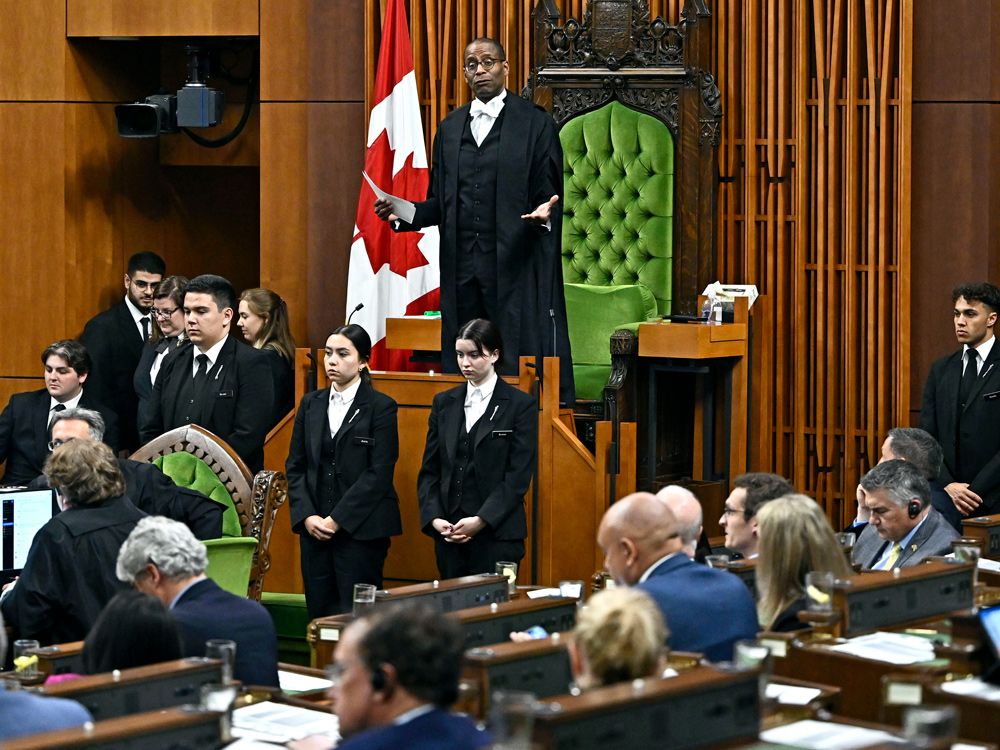
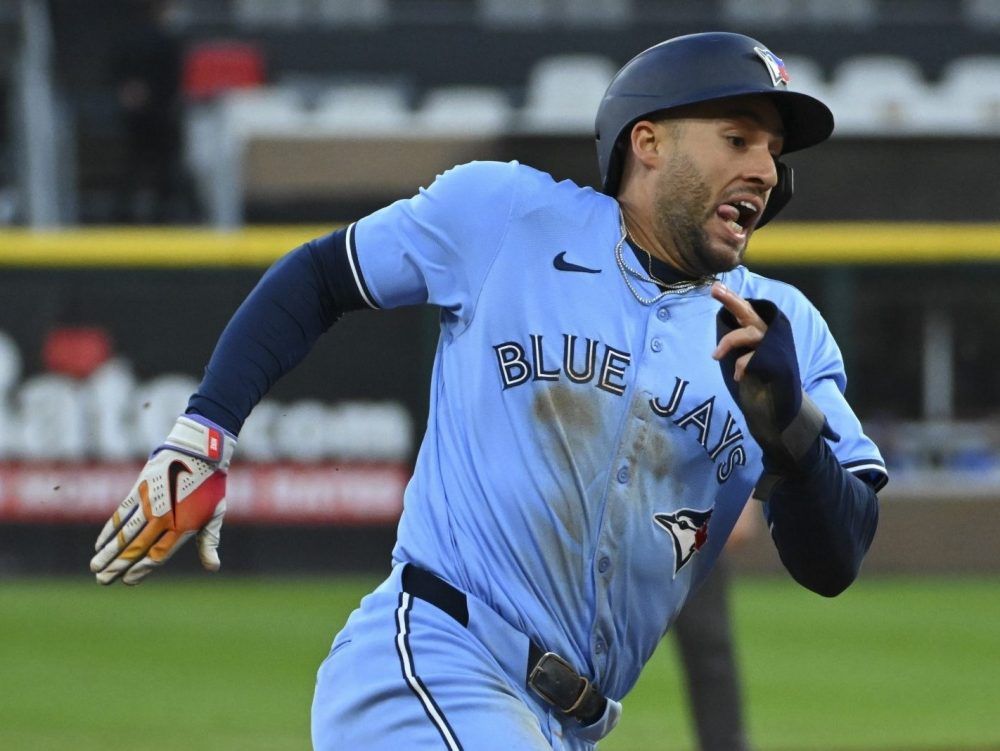

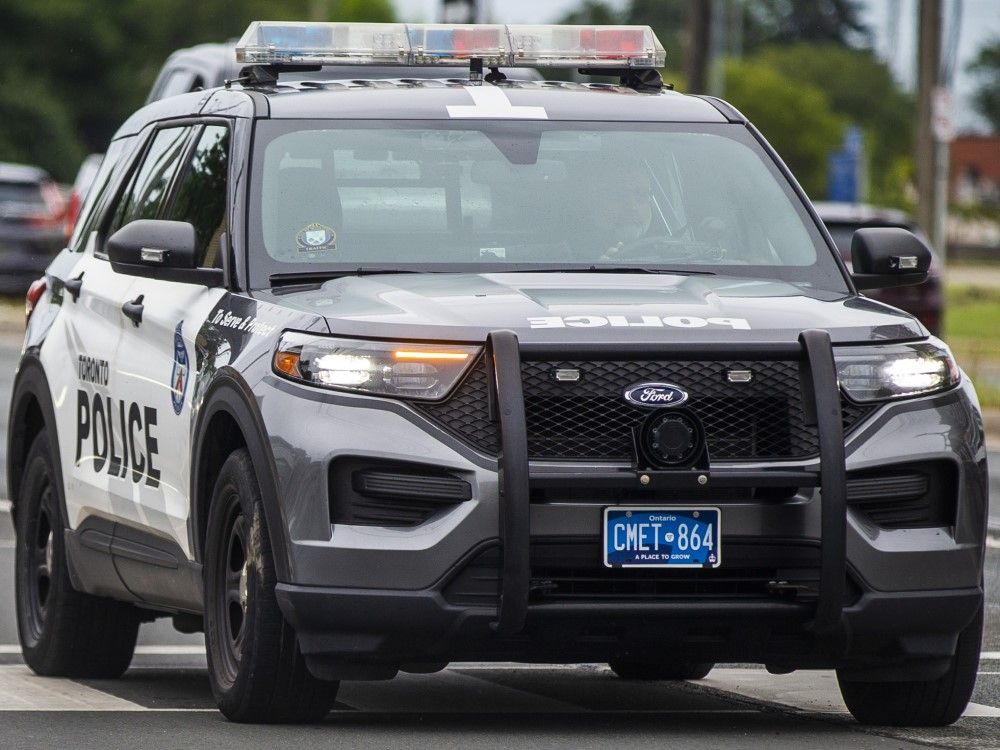
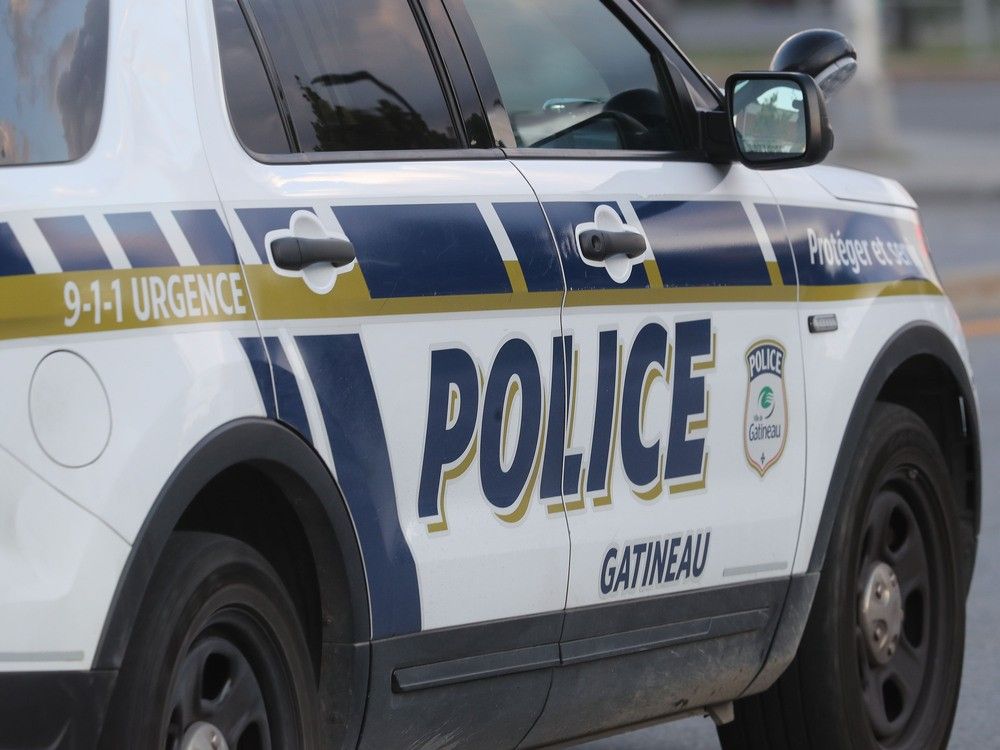




















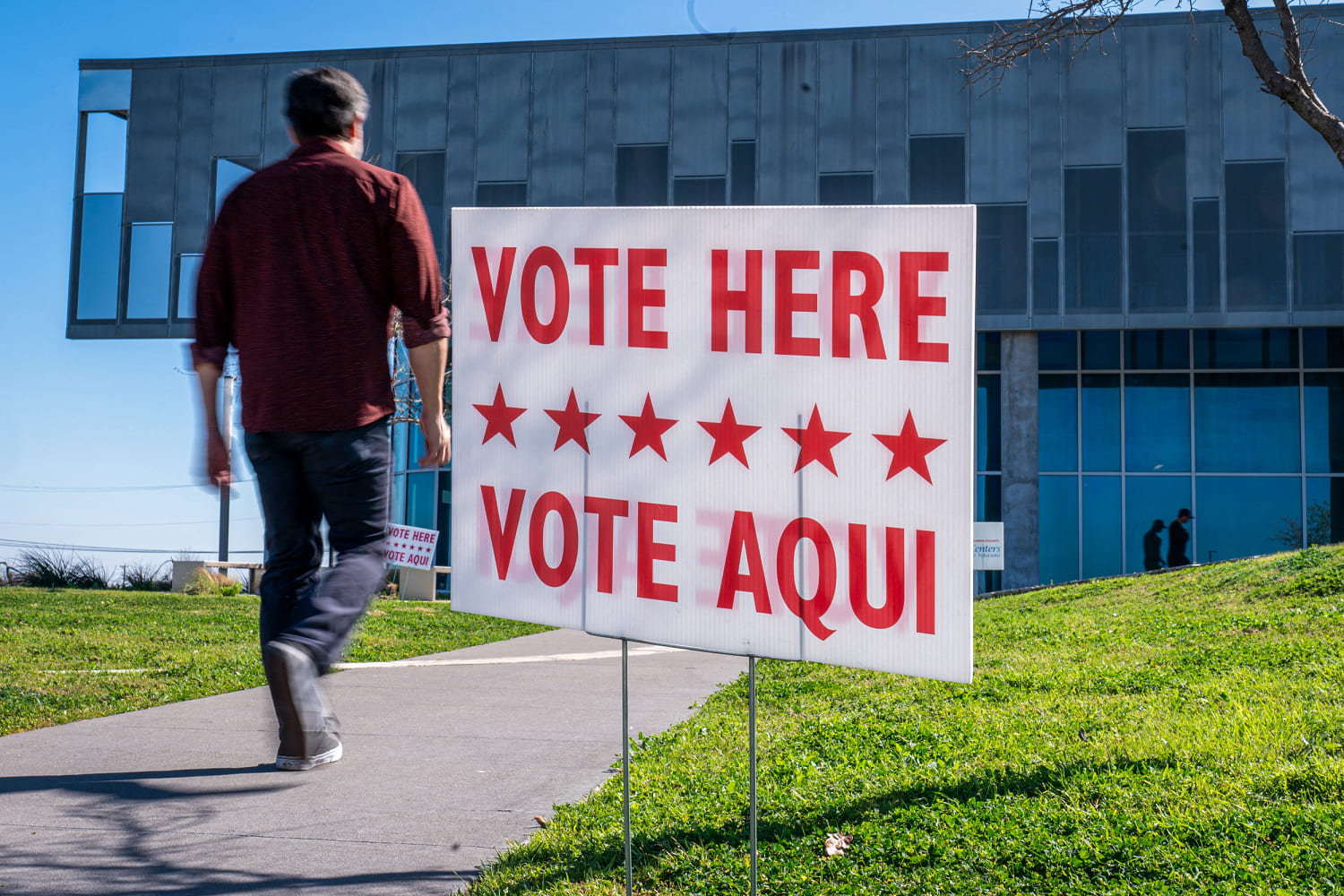




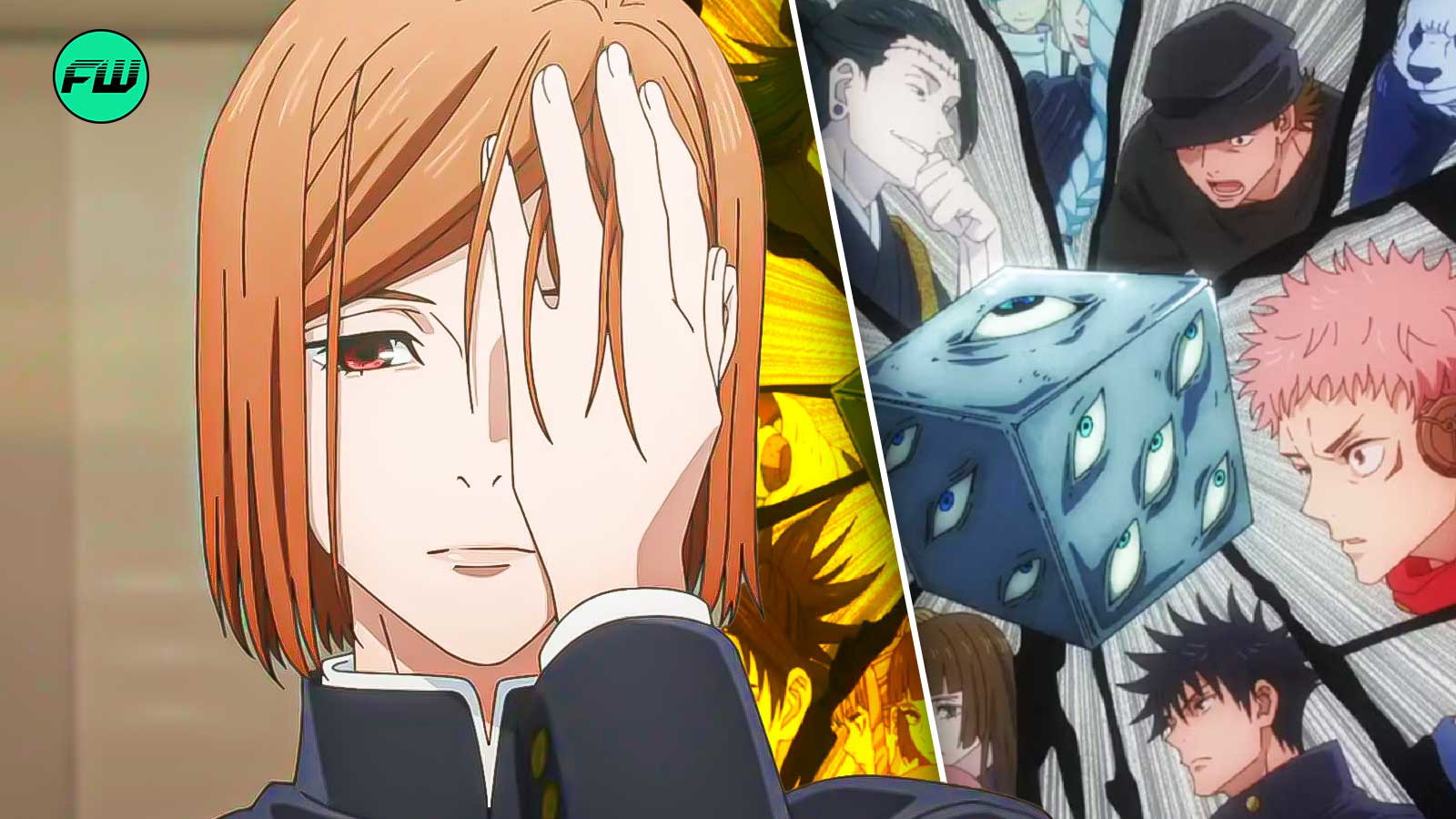

 Bengali (BD) ·
Bengali (BD) ·  English (US) ·
English (US) ·